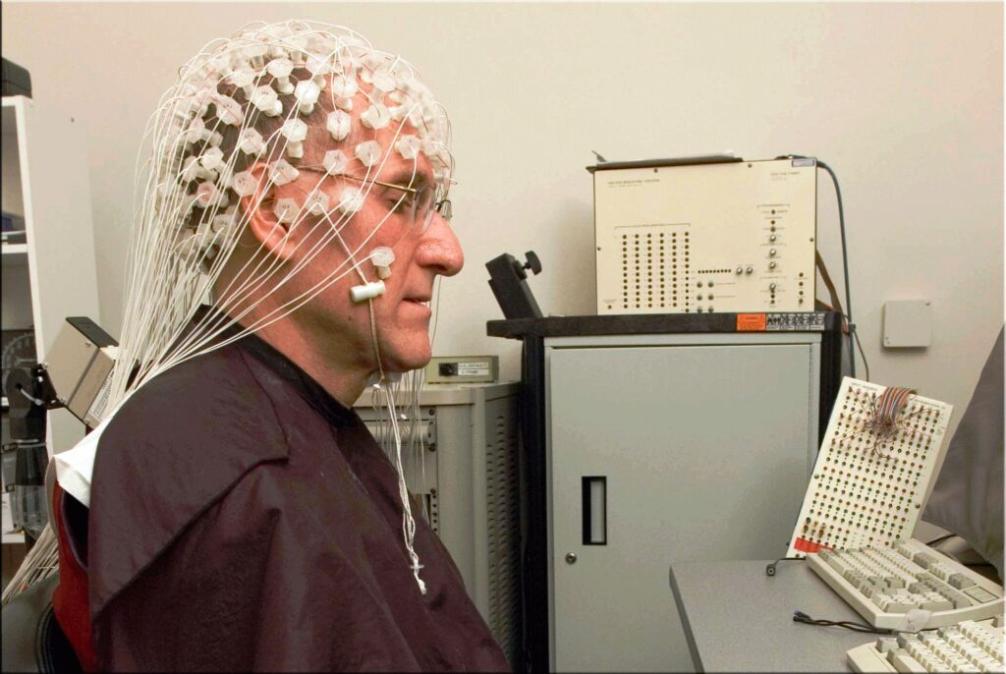How Does the Brain Develop Over the Lifespan?
The brain is the control center of the nervous system, responsible for everything from our thoughts and emotions to our movements and bodily functions. It undergoes significant changes throughout the lifespan, from infancy to old age. This article explores the key stages of brain development and the structural and functional changes that occur at each stage.

Brain Development In Infancy And Early Childhood
The brain undergoes rapid growth and maturation during infancy and early childhood. This period is characterized by:
- Rapid Growth and Maturation: The brain increases in size and weight, with the development of neural connections and synapses, as well as the myelination of nerve fibers.
- Key Structural Changes: The cerebral cortex, limbic system, brainstem, and cerebellum undergo significant growth and development.
- Functional Changes: Sensory and motor skills develop, language and cognitive abilities are acquired, and emotions and social behaviors emerge.
Brain Development In Adolescence And Young Adulthood
Brain development continues during adolescence and young adulthood, with the following key changes:
- Continued Brain Maturation: Neural connections are refined, synapses are pruned, and myelination increases.
- Structural Changes: The prefrontal cortex, hippocampus, amygdala, and other emotional centers continue to develop.
- Functional Changes: Cognitive abilities, including reasoning and problem-solving, are enhanced. Abstract thinking, decision-making skills, and emotional regulation improve.
Brain Development In Middle Adulthood And Older Adulthood
Brain development continues into middle adulthood and older adulthood, although at a slower pace. This stage is characterized by:
- Gradual Changes in Brain Structure: There is a slight decrease in brain volume, changes in the density of neurons and synapses, and alterations in neurotransmitter systems.
- Functional Changes: Cognitive abilities are generally maintained in healthy individuals, but some functions, such as memory and processing speed, may decline. The risk of neurodegenerative diseases, such as Alzheimer's disease, increases.

The brain undergoes significant changes throughout the lifespan, from infancy to old age. Brain development in early childhood lays the foundation for future cognitive, emotional, and social development. Adolescence and young adulthood involve the refinement of neural connections and the maturation of higher-order cognitive functions. Middle adulthood and older adulthood are characterized by gradual structural and functional changes, with potential implications for cognitive health and well-being.
The brain's remarkable capacity for change and adaptation highlights the importance of lifelong learning, healthy lifestyle choices, and early intervention for individuals with neurodevelopmental disorders or brain injuries.
YesNo

Leave a Reply